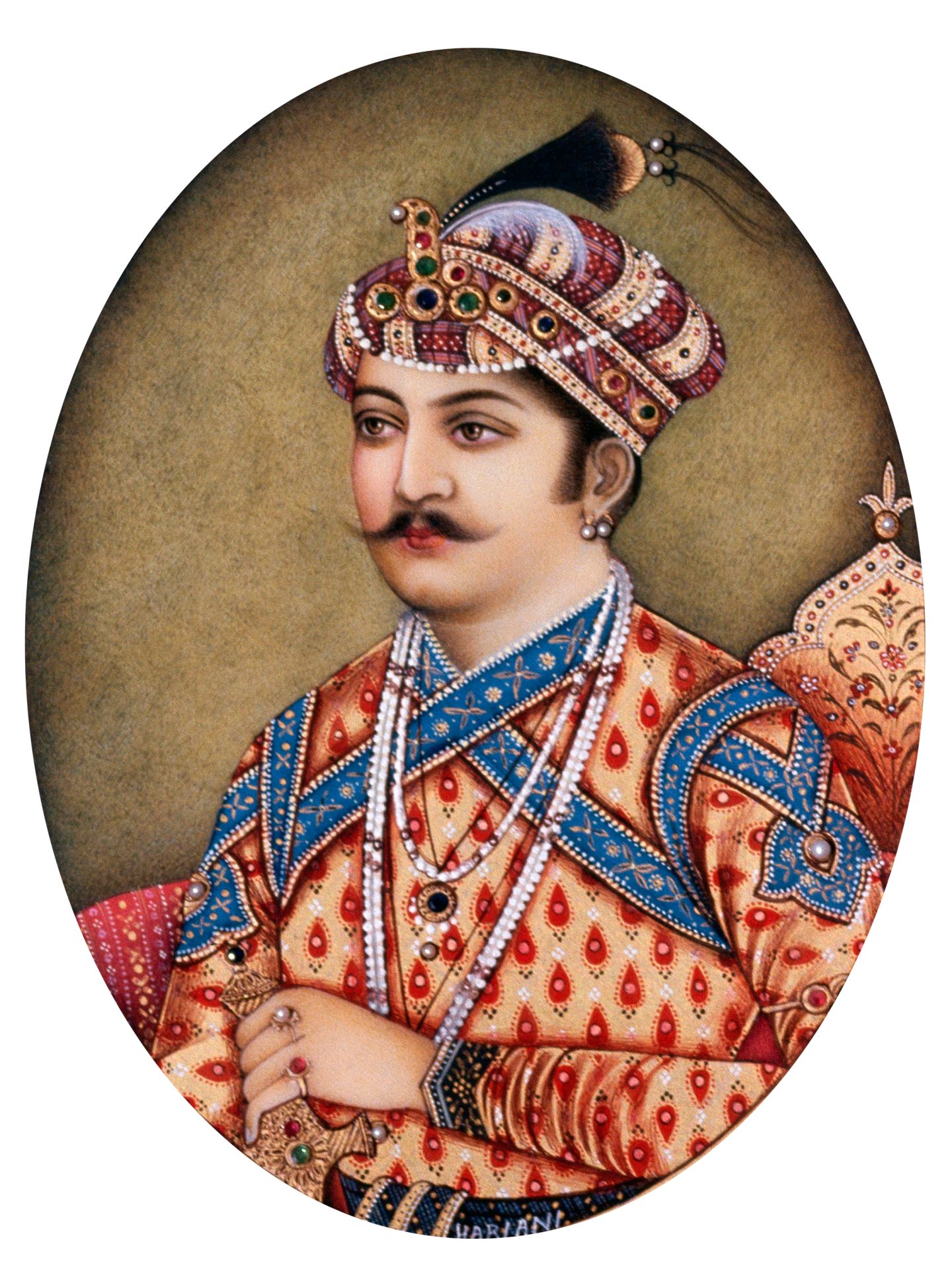A large portion of Akbar’s long reign was spent in making conquests; with the result that he finally made himself master of the whole of Northern India, from the Bay of Bengal on the east to the Arabian Sea on the west, as well as of the Indus valley, the greater part of the present Kingdom of Afghanistan, and Ahmadnagar and Khandesh in the South.
It is remarkable that in all his conquests he kept before his mind a purpose higher than that of mere ambition. Early in life he formed a plan for bringing all India under his sole government in such a way that all races, native and foreign, might be brought to work together for the common good.
ADVERTISEMENTS:
He believed himself to be the vice-regent of the Most High, and as such empowered to give India a better government than her own sons could provide.
Interesting as his conquests are, he was more than a great conqueror: he was a great ruler. He organised and governed the vast territory under his control with a sagacity, energy and humanity unrivalled in the East.
Commerce was promoted by the construction of roads, the establishment of a uniform system of weights and measures, and a vigorous police. Corruption he abhorred, and he was constantly on the watch to prevent his viceroys of provinces and other officers from practicing extortion or defrauding the state.
It was his constant endeavour to make the administration of justice impartial to rich and poor. For the adjustment of taxation, the lands were accurately measured, and statistics taken, not only of the population, but of the resources of each province.
ADVERTISEMENTS:
Though born a Muhammadan, he abolished the toll-tax on non-Muhammadans, and the tax on pilgrimages. He gave the Hindus freedom of worship, though he prohibited cruel ordeals and the burning of widows.
It is evident that Akbar realised that he, a foreigner, could not build up a stable empire without the aid of the Hindus, who formed so large a proportion of his subjects, and it was doubtless in pursuance of this policy that he was united in marriage to some Rajput princesses.
Several of his most trusted officers and intimate friends were Hindus. He was fond of enquiries in to religious beliefs; and Portuguese missionaries from Goa were sent at his request to give him an account of Christianity. He even attempted to establish a peculiar religion of his own, but his creed never became generally accepted.
Art and literature received the greatest encouragement, and learned men of all kinds received a welcome at his court. Schools were established, a library was formed, and many Sanskrit works were translated into Persian.
ADVERTISEMENTS:
Abul Fazul, the able minister of Akbar, has left a valuable history of his master’s reign. After a memorable reign of nearly fifty years, Akbar died in 1605, and was buried near Agra.

